Creapure is a form of creatine monohydrate and is widely considered to be the purest and finest quality micronized Creatine Monohydrate on the market today. Made by AlzChem in Germany it undergoes a slightly different manufacturing process to make it ‘purer’, which is one of the reasons it’s the preferred creatine for many professional strength, speed and power athletes.
What Makes Creapure ‘Purer’?
As previously mentioned AlzChem use a different manufacturing process for the creatine monohydrate which in turn ensures it’s free from impurities and unnecessary by-products including Creatinine (CRN), dicyandiamide (DCD), Dihydrotriazine (DHT) and Thiourea. Also whilst most creatine products on the market have a creatine content of around 99.9%, Creapure is 99.99% pure Creatine Monohydrate which is again a reason why many athletes prefer to use Creapure since the 0.09% could make all the difference to their performance.
Creapure Vs Normal Creatine Monohydrate
Whilst there are clearly more advantages to taking Creapure over an ordinary creatine monohydrate product, Creapure is more expensive because of the additional processes it goes through, therefore it’s important to consider whether it’s worth the additional price. Many professional athletes believe it is and will pay the extra for any advantage they can gain over their competition whereas overs are conscious of impurities like Dihydrotriazine (DHT) which can be present in creatine when inferior raw materials are used to make it. To take Dihydrotriazine (DHT) for example it’s not naturally occurring in the human body and whilst the pharmaceutical and toxicological properties are unknown, it is believed to be structurally similar to compounds that have exhibited carcinogenic properties, hence why many health conscious creatine users decide to use Creapure.
Other Forms Of Creatine
Over the past few years there have been many different developments in sports nutrition and many different forms of creatine including Creatine Ethyl Ester (CEE) and Tri CreatineMalate. However it must be noted that the majority of studies that test the effectiveness of creatine have all been done on creatine monohydrate, whilst some specifically Creapureuse. So whilst some of these creatines may be effective, most of the concrete empirical evidence is related to creatine monohydrate.
References:
- Ralf Jager, Roger C Harris, Martin Purpura and Marc Francaux (2007) ‘Comparison of new forms of creatine in raising plasma creatine levels’ Journal Of The International Society Of Sports Nutrition, Volume 4, Number 1 (2007), 17, 1550-278
- Tom. H. Dieck (2004)‘Creatine; History, Manufacturing and Applications’ Japan Science And Technology Agency, Volume 21, number 6; Page 45-54
- M.C. Walter, H. Lochmuller, P. Reilich, T. Klopstock, R. Huber, M. Hartard, M. Hennig, D. Pongratz, and W. Muller–Felber (2000) ‘Creatine monohydrate in muscular dystrophies: A double-blind, placebo-controlled clinical study’ Neurology May 9, 2000 vol. 54 no. 9 1848-1850

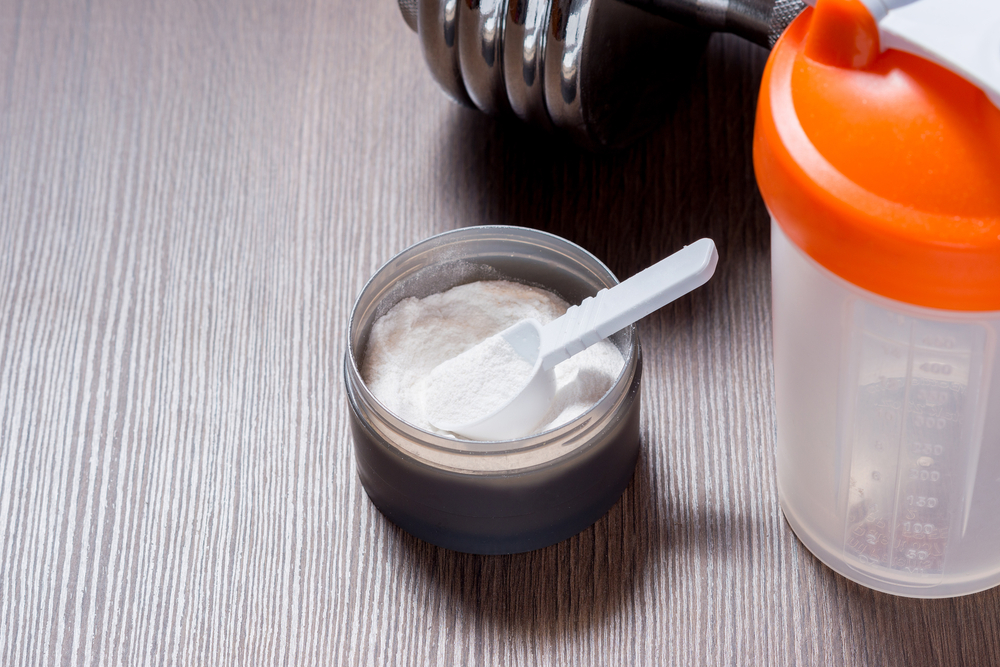

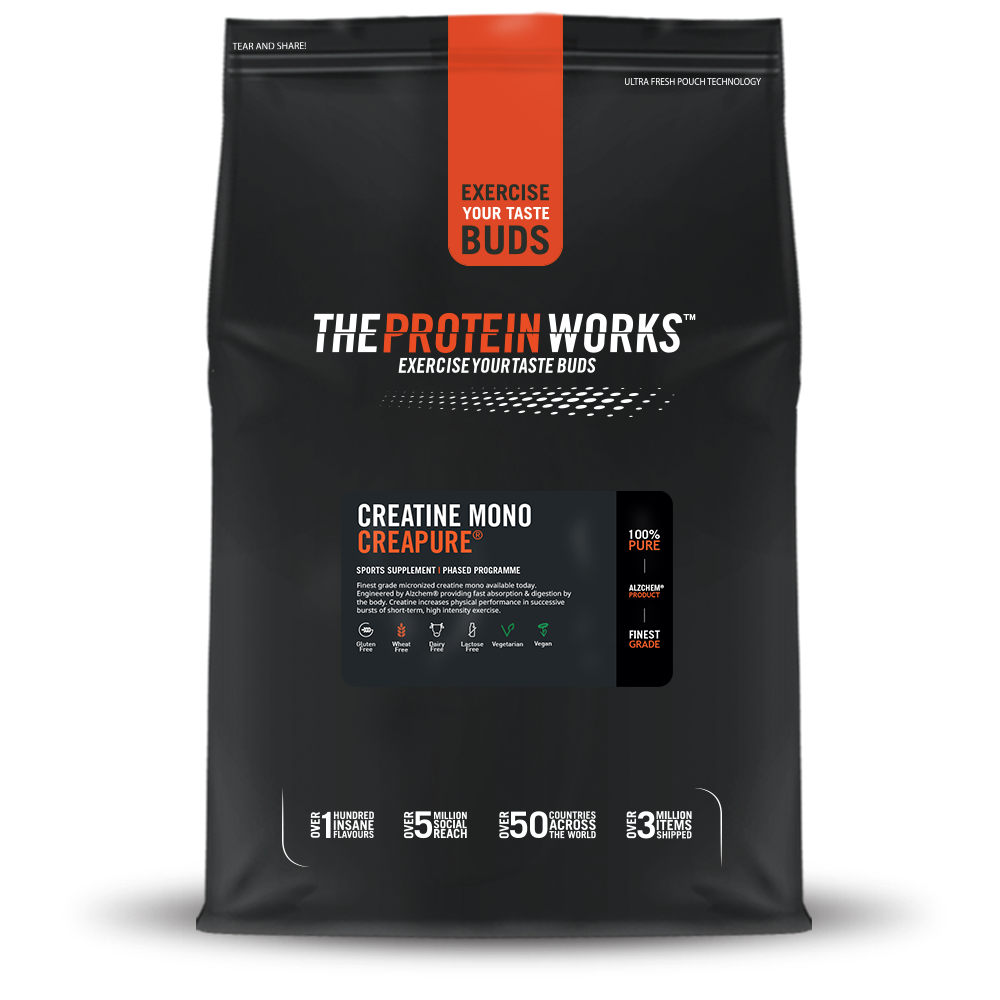
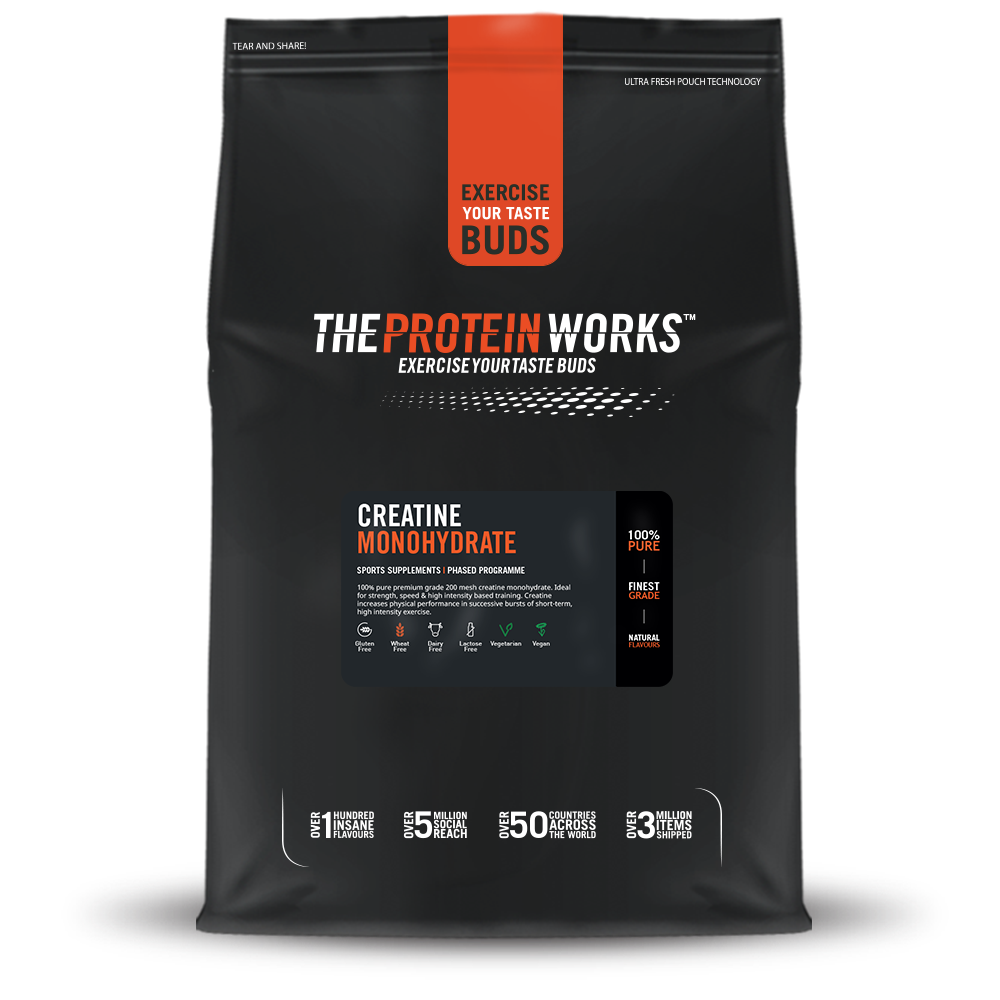
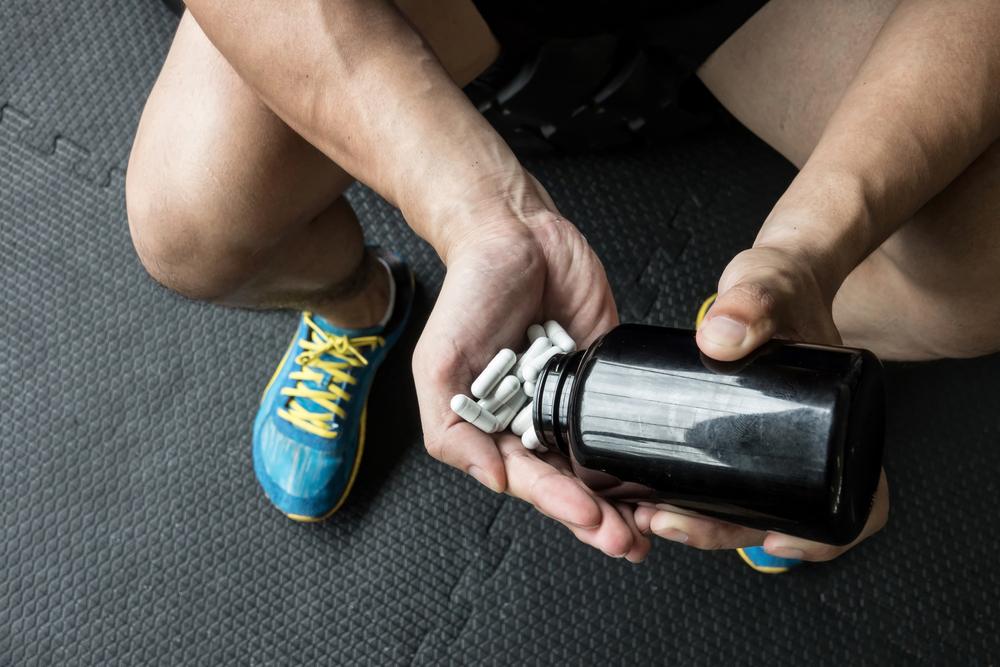
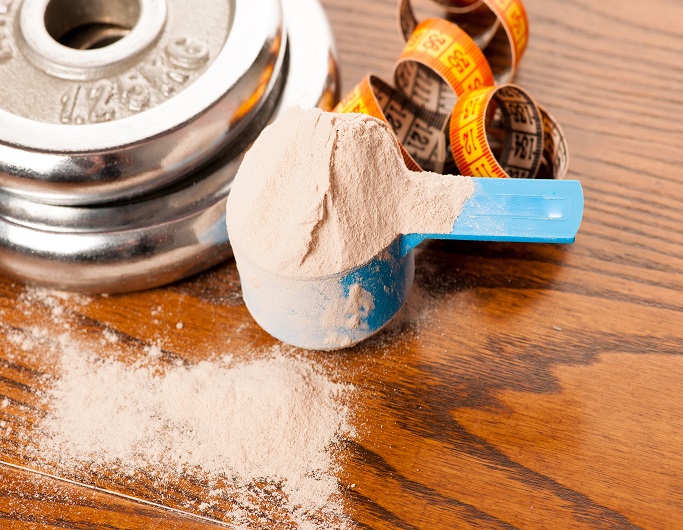


No Comments yet!